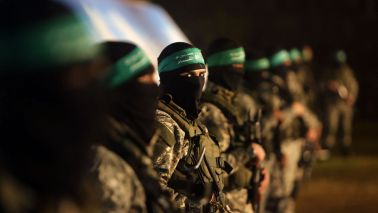To hear Christian Thielemann conduct the Dresden Staatskapelle in Wagner’s ‘stage consecration play’, in Salzburg at Easter, proved a musical experience that could only deepen anybody’s love of this extraordinary opera. To see it was another matter, as it often is. But let us first praise the musicians who, guided by their conductor, gave it wings.
At six minutes under four hours (battle-hardened Wagnerians will appreciate the timings) this was not a long Parsifal. By the standards of, say, Reggie Goodall, whose celebrated recording four decades ago clocked in at nearer five hours than four, it was something of a gallop, though it never felt like that, even when Thielemann, who is not exactly Billy Whizz, launched the prelude with a propulsion that felt perhaps a shade too urgent.
There is time, and there is Wagner time. Thielemann did not dissolve its bonds, any more than Newton or Einstein could, but he did establish the repose that makes this opera seem like the still point of the turning world. The rapture was there, too, in a stunningly achieved transition into the Good Friday music. That third act, surely the greatest act composed for the stage by any human hand, was magnificent.
Eleven years ago, when Claudio Abbado conducted this opera at the festival, the music sounded at times more like Debussy than Wagner. Thielemann found the translucency, of course: without that quality it wouldn’t be Parsifal. But the Dresden orchestra is a very different beast to the Berlin Philharmonic. Famous for its dark string tone — ‘burnished’ is usually the word — it was the woodwind section that caught the ear here. In particular the oboe and cor anglais sounded as if the instruments had just been carved from the wood of a Saxon forest.







Comments
Join the debate for just £1 a month
Be part of the conversation with other Spectator readers by getting your first three months for £3.
UNLOCK ACCESS Just £1 a monthAlready a subscriber? Log in